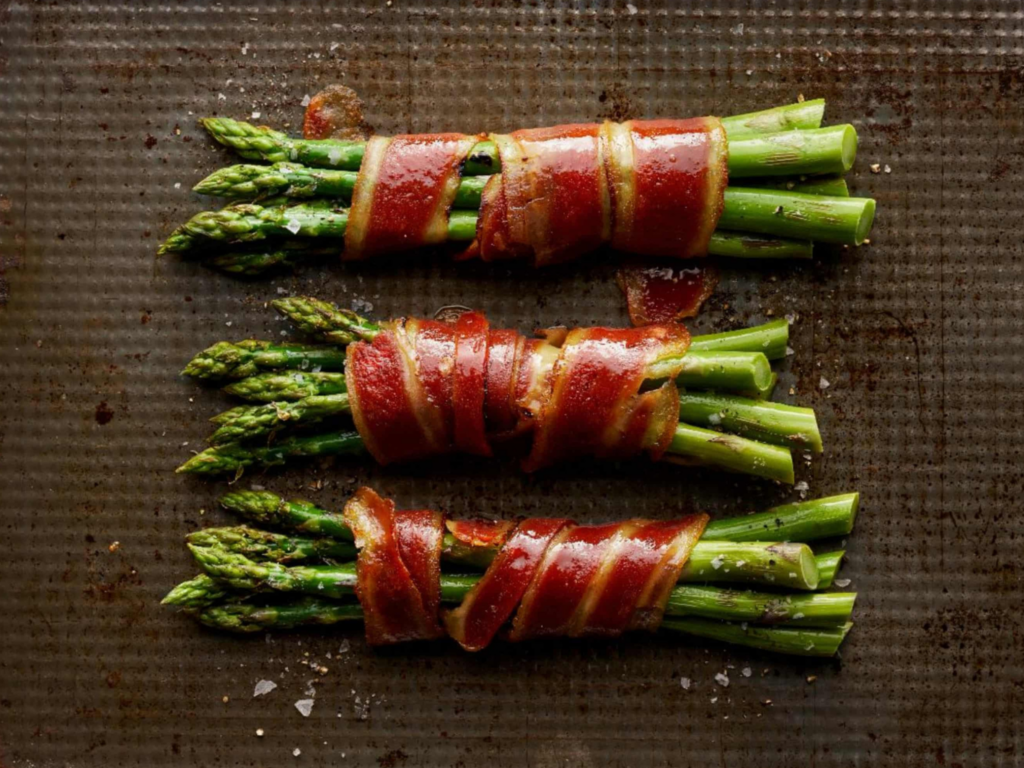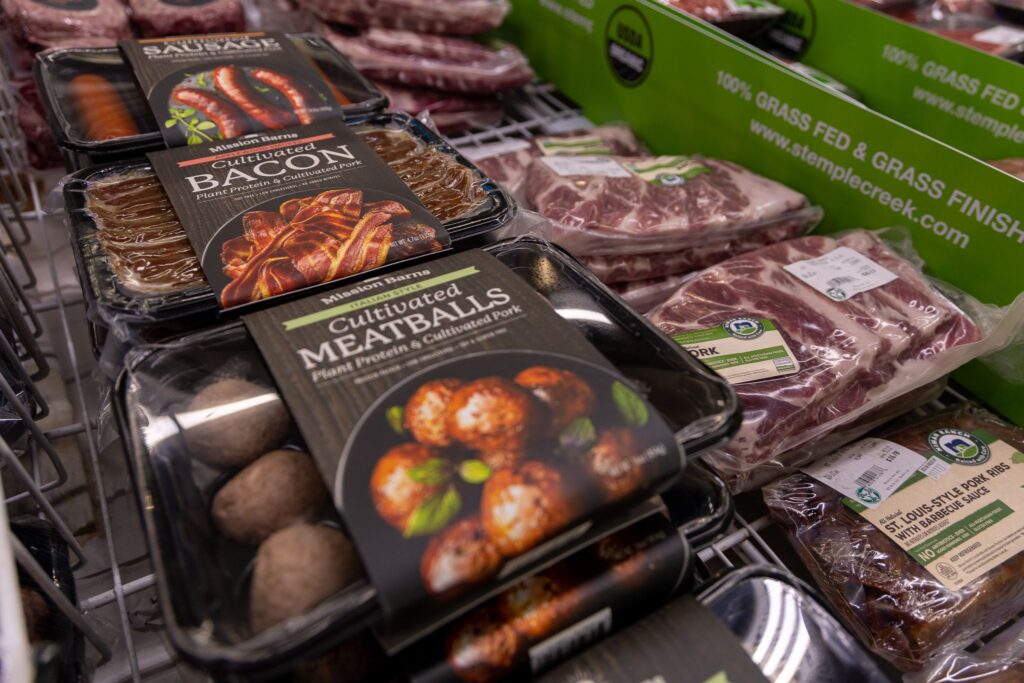
House and Senate representatives in Mississippi have unanimously passed a bill to ban the sale of cultivated meat in the state, which is on the way to the governor’s desk now.
Sell cultivated meat, go to jail.
Mississippi has followed Florida and Alabama to become the third US state to pass a bill that would ban people from producing or selling cultivated meat within its borders.
The House of Representatives – where the bill was first introduced – voted 116-0 in favour of the legislation (with four absentees) earlier this week, sending the bill to Governor Tate Reeves’s desk for final approval.
Unless Reeves vetoes the bill, selling these proteins in Mississippi could land you a misdemeanour charge with a $500 fine, or even a jail term of up to three months. But the governor, who signed legislation prohibiting cultivated meat from being labelled as meat back in 2019 – when no such product had been federally approved for sale – is likely to sign this latest bill into law too.
Cultivated meat opposition misguided

The bill was introduced in January by two Republican representatives, Bill Pigott and Lester Carpenter. Pigott, a beef and dairy farmer, has long been an opponent of alternative protein. He introduced a bill to restrict how these products are labelled in 2019, which was unsuccessful and preceded the one eventually signed by Governor Reeves.
Speaking to the New York Times that year, he said: “The fake, lab-produced meat is a little bit more of a science fiction-type deal that concerns me more.”
Unlike similar bills in several other states, Pigott and Carpenter’s HB 1006 passed through the legislature without any opposition. Lawmakers in both the House and the Senate were unanimous in their view that beef derived from animal cells and grown in bioreactors should not be sold in the state. Under the bill, retailers that sell cultivated meat could have their licence revoked.
The move was supported by Andy Gispon, Mississippi’s agricultural commissioner, another long-term critic of cultivated meat. In July last year, he called it a “science experiment”, declaring: “I don’t know about you, but I want my steak to come from farm-raised beef, not a petri dish from a lab.”
He wasn’t shy about the reasons behind his support of a ban: the state’s livestock industry. “We know that American farmers are the true conservationists. Throughout the process of raising an animal, all the way to slaughter, animals must be treated humanely,” he said.
“Farmers and ranchers know more than anyone that their livelihood depends on the way they work their land and treat their livestock,” Gispon added, though his comment ignores the fact that most of the inputs needed to cultivate animal cells into meat come from farms.
Cultivated meat industry weathering the storm

Mississippi’s bill is nothing new. More than 20 states have tried to ban or restrict cultivated meat in recent years, and most have failed to get anywhere. The anti-cultivated-meat rhetoric has grown louder in the last year, as some Americans take to the carnivore diet, others become apprehensive of ultra-processed foods, and public figures like Elon Musk proclaim steak and eggs as the ideal breakfast
Meanwhile, investors are flocking away from the sector, with startups receiving 40% less capital in 2024, followed by a 75% plunge in 2023. Some startups have struggled to stay afloat, and others have made adjustments to their workforce.
Downturn or not, the industry appears prepared to fight the burgeoning sector. “Cell-based meats are not expected to be on grocery stores any time soon, but we must be vigilant and proactive rather than getting caught asleep at the wheel,” Gispon wrote last year.
It may come as a surprise to him that Californian startup Mission Barns has landed a deal to roll out bacon and meatballs made from its cultivated pork fat at Sprouts Farmers Market. It received a ‘no questions’ letter from the US Food and Drug Administration earlier this month, the first such regulatory approval in the country since 2023.

That year, it was Eat Just and Upside Foods that had secured the green light for their cultivated chicken products. The latter has brought a lawsuit alleging Florida’s ban is unconstitutional and is pursuing federal regulatory clearance for a second product this year.
Although legislators in states including South Carolina, West Virginia, Montana, Georgia have brought similar bills into consideration this year, others have faced setbacks. South Dakota’s HB 1109 failed to pass through the Senate, as did Wyoming’s HB 0168. Nebraska’s LB 246, meanwhile, has faced pushback from farmers and ranchers, who bemoaned that the effort would stifle competition in a free market.
It’s not the first instance of the meat industry hitting back against lawmakers claiming to protect them with these bills. Florida’s law received criticism from the country’s oldest and largest trade association, which represents 95% of the US’s meat output.
In a letter sent to Governor Ron DeSantis in March 2024, the North American Meat Institute called the ban “bad public policy”. “These bills establish a precedent for adopting policies and regulatory requirements that could one day adversely affect the bills’ supporters,” it said, emphasising the importance of consumer choice.
The post Unanimous Vote: Mississippi Becomes Third US State to Pass Bill to Ban Cultivated Meat appeared first on Green Queen.
This post was originally published on Green Queen.